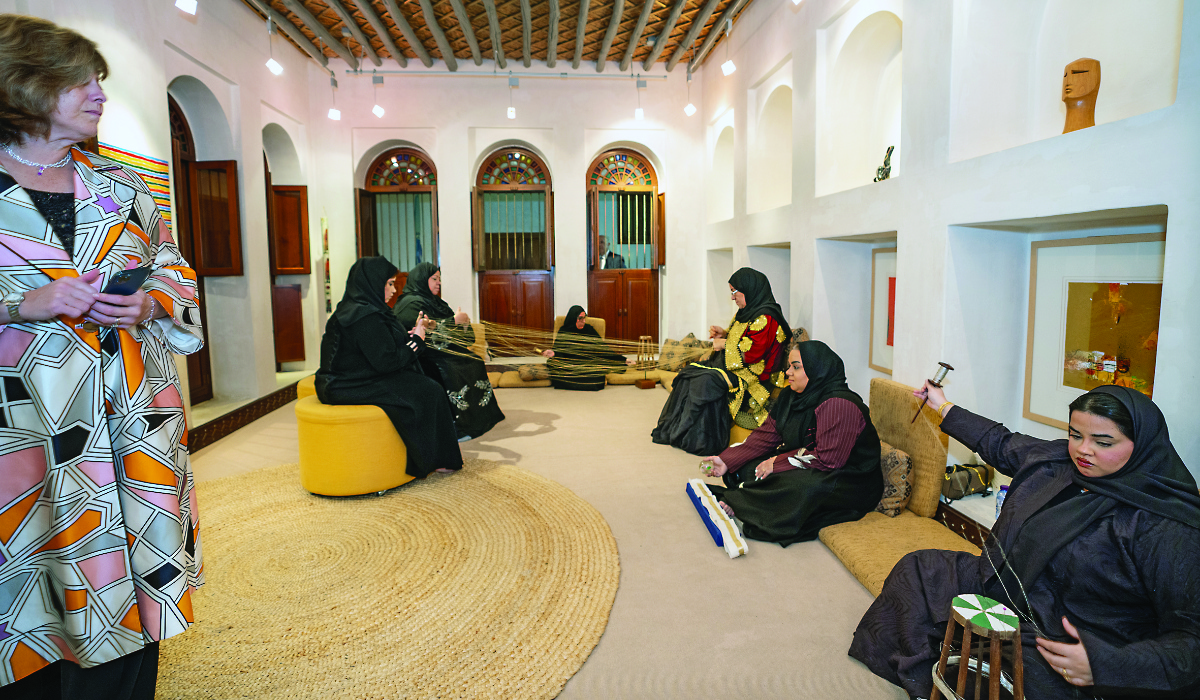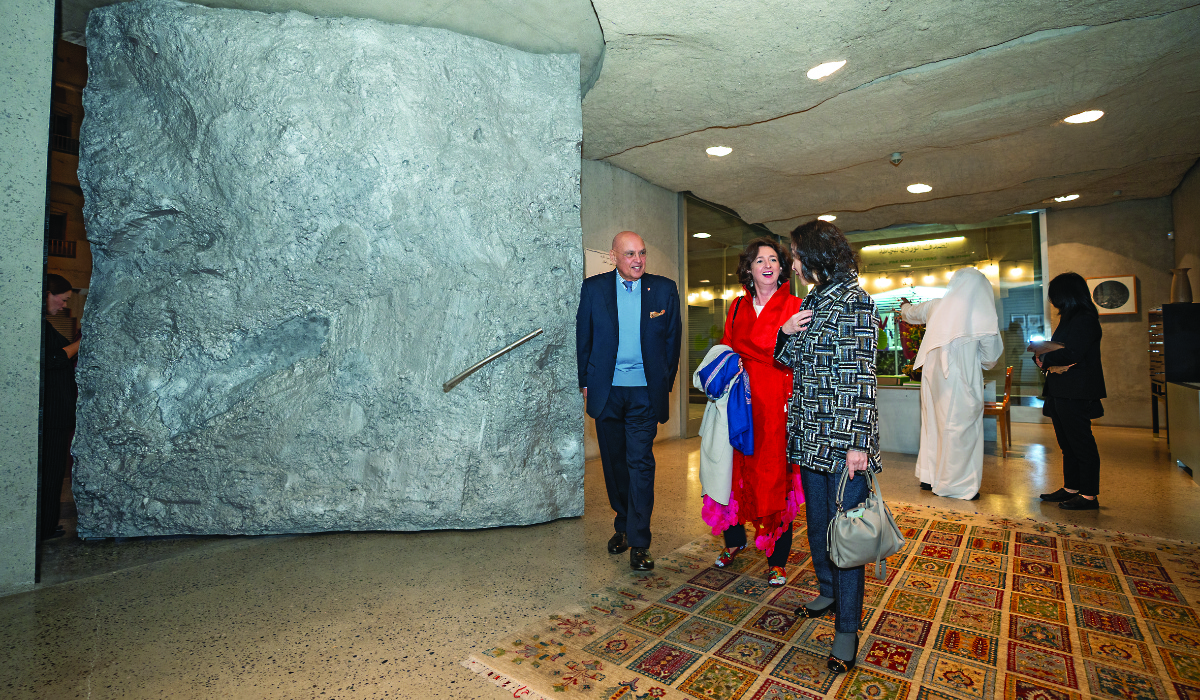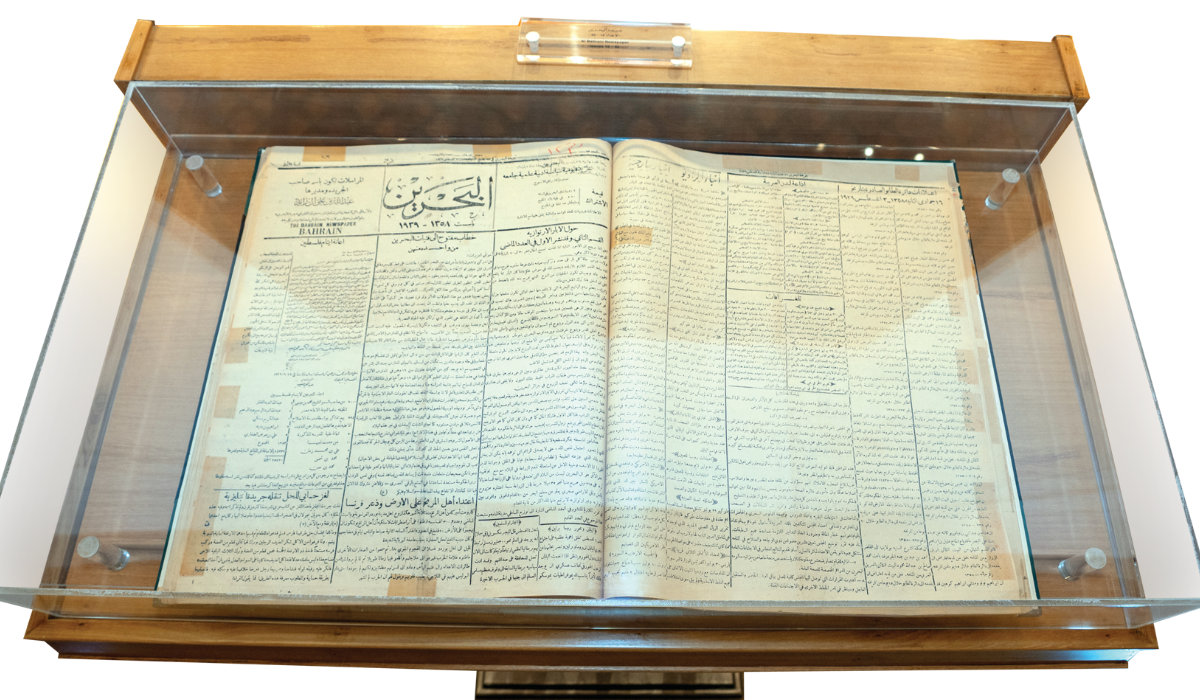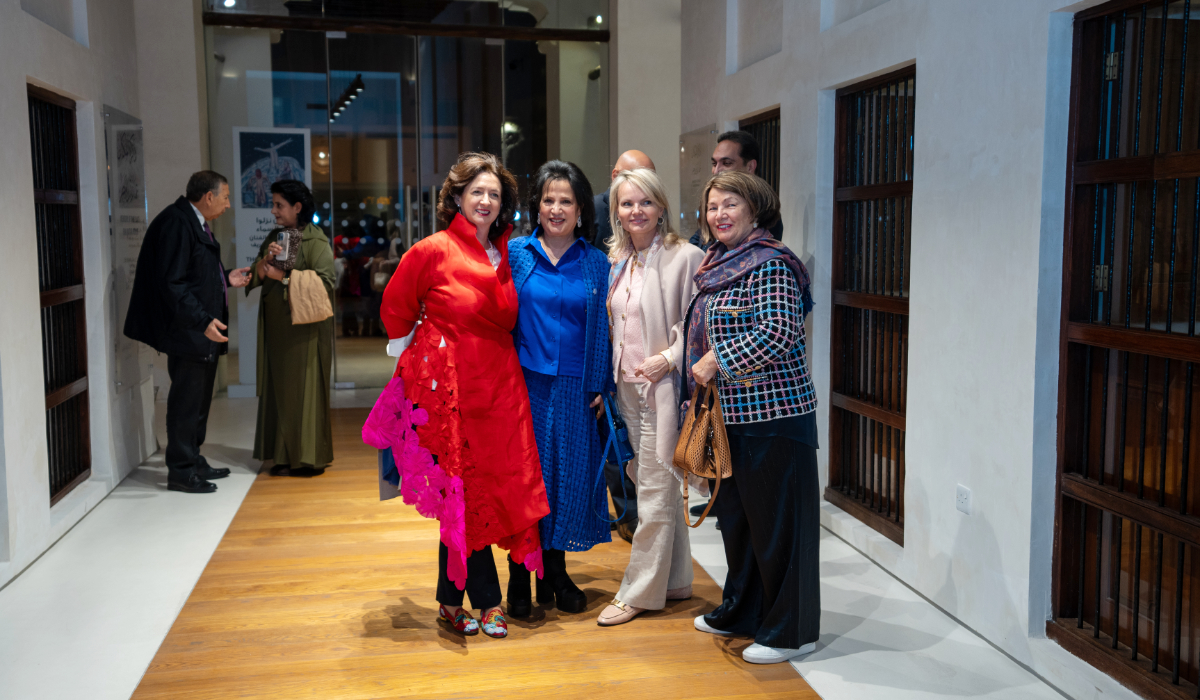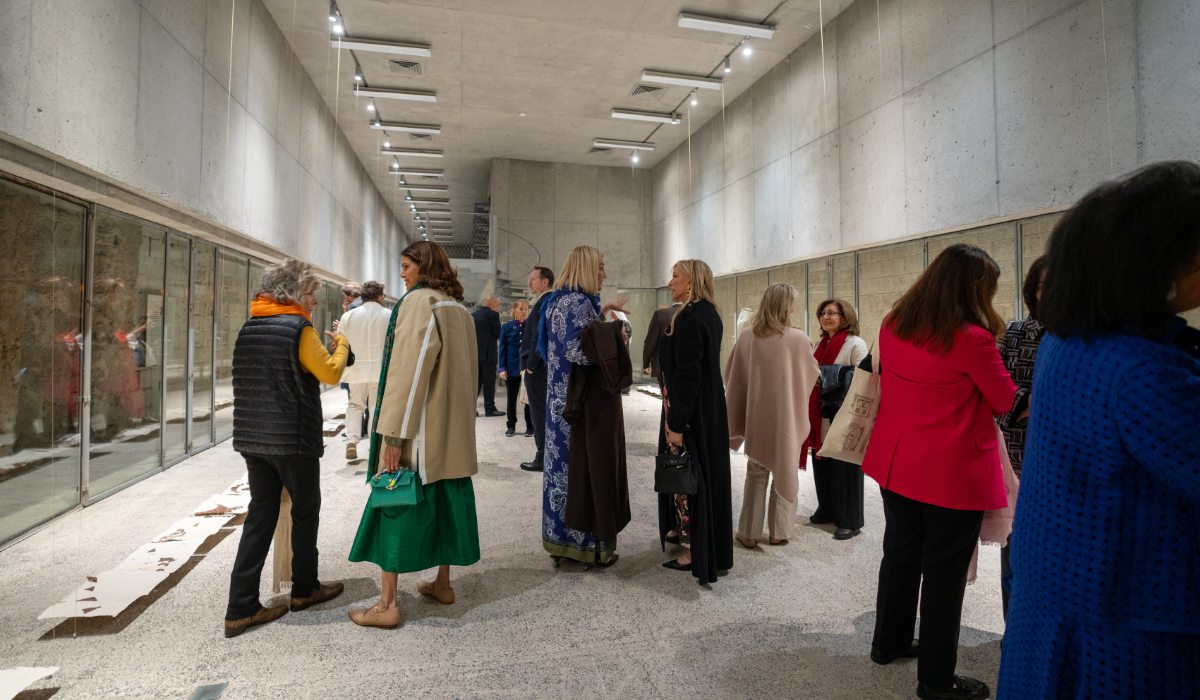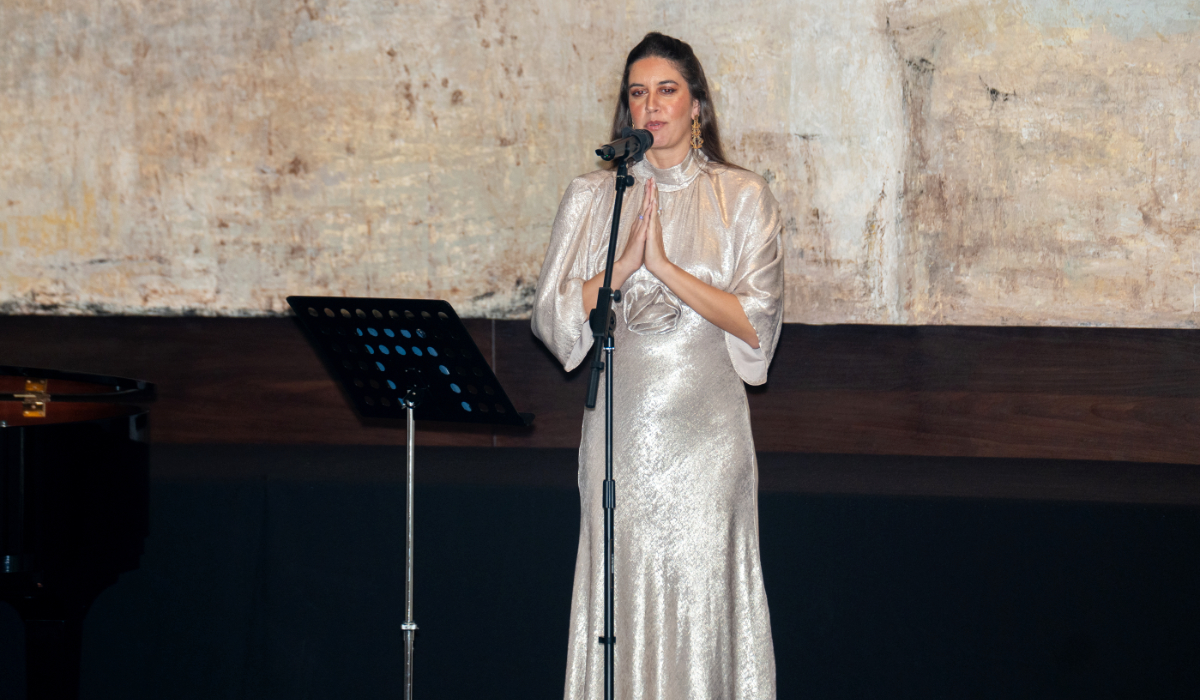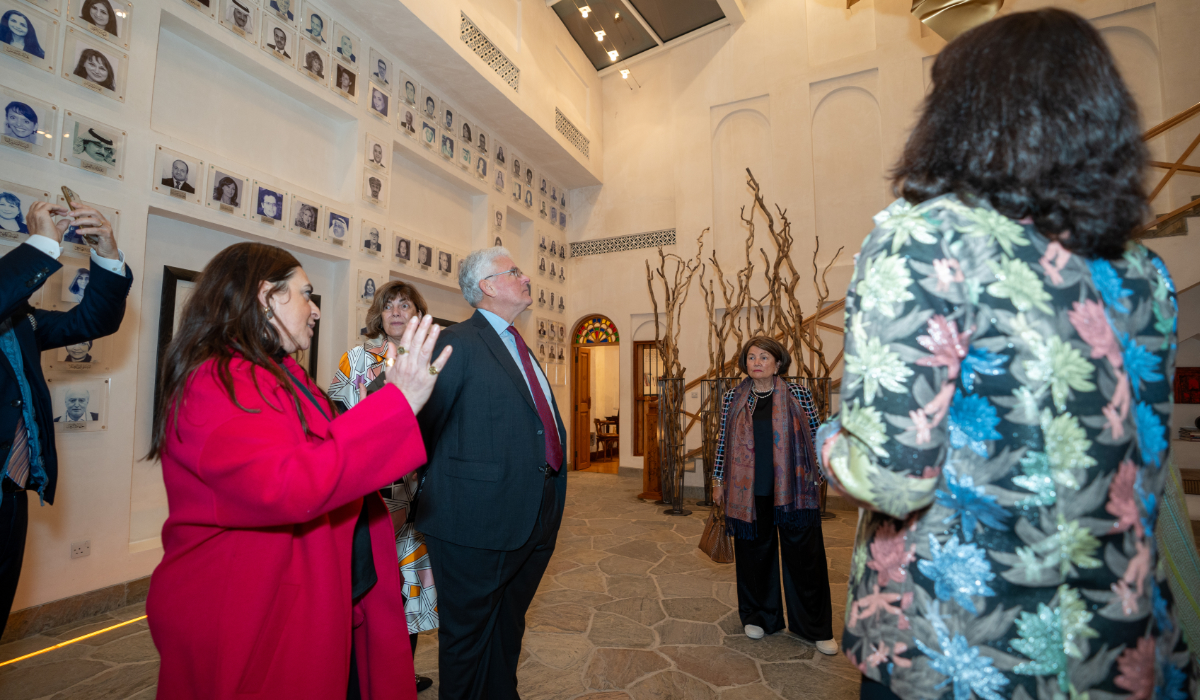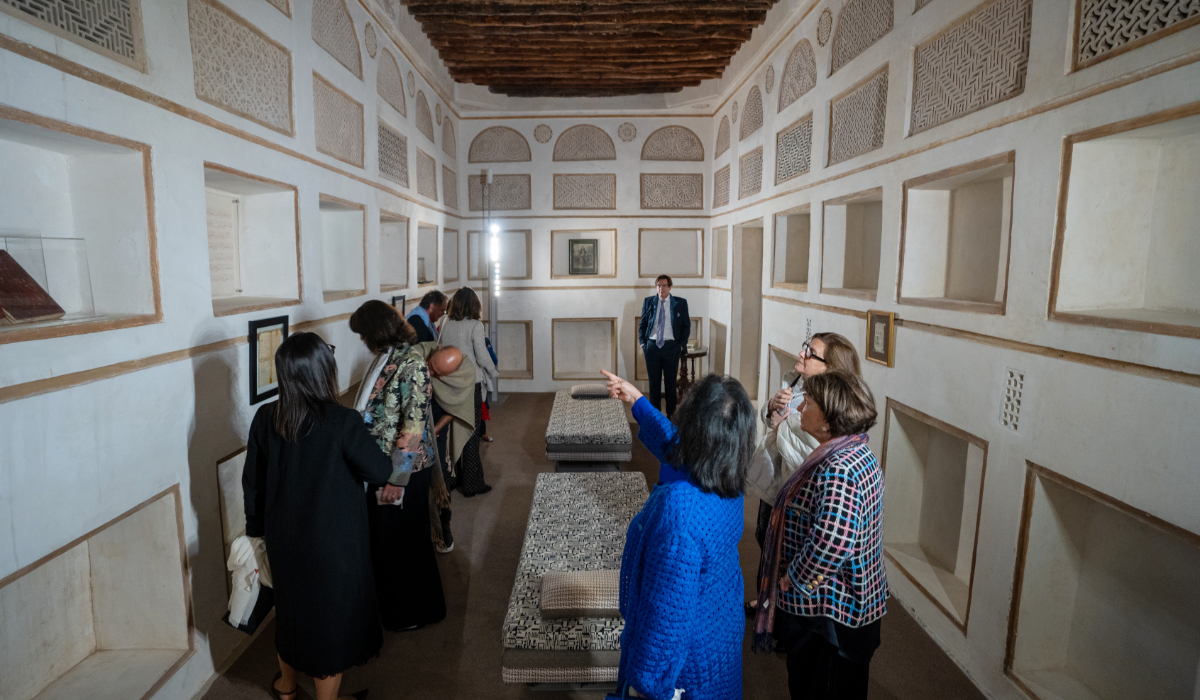RIYADH: Centralizing medical knowledge in the Arab world is key to improving specialized medical care, Saudi Arabia’s top surgeon has said.
Abdullah Al-Rabeeah, who also serves as supervisor-general of Saudi aid agency KSrelief and was once minister of health, was speaking at Riyadh’s International Conference on Conjoined Twins.
The Saudi Conjoined Twins Program, established in 1990, has separated dozens of conjoined twins from countries around the world under the care of Al-Rabeeah.
He said that dealing with rare specialties in medicine requires experience and volume, which comes with population. Most countries in the Middle East can go decades without seeing a case of conjoined twins, he added.
“Building a center of excellence with a large volume, it brings value of experience, value of research, value of outcome and value of care for the patients,” Al-Rabeeah said.
Quoting Lord Ara Darzi of the UK, who spoke at an earlier ministerial roundtable at the conference, Al-Rabeeah added: “In certain specialties you need to decentralize, like family medicine, women’s care — you have to have access anywhere. But in certain specialties, like conjoined twins, you need to centralize.”
Al-Rabeeah said that as health minister, he constantly called for collaboration between GCC and Arab countries to concentrate specialties into central reference centers to promote research and development, and advance expertise in the region.
Compared to worldwide numbers, Al-Rabeeah added that the conjoined twins program in Saudi Arabia is “on the top … in terms of volume and expertise and success rates, we are one of the highest in the world.”
With 143 evaluated cases and 61 separations, there are now seven cases waiting to be evaluated.
“The unique thing about Saudi Arabia: It is a large volume done by one team,” Al-Rabeeah said.
The team of conjoined twins specialists in Saudi Arabia have “collected the wealth of knowledge and developed their expertise,” and are ready to pass it on to younger generations of surgeons, he said.
Al-Rabeeah recommends early antenatal care to ensure the health and wellness of both mother and the baby, and to prepare any necessary treatment plans early on.
“One thing which has changed in the last three-and-a-half decades is the early diagnosis … during pregnancy, we have to ensure the level of anomalies and the risk on the mother,” he said.
Once the twins are born, a complete picture of the heart’s conditions, spinal columns, nerves and vital organs must be established before a plan of operation is set in place.
“After separation, now another dilemma is rehabilitation … how they can go into society, the independence, the separation trauma. We have to deal with all of those until the child moves from one body to two bodies which are independent,” he added.
For a complete transformation for both the patients and their family, the post-operative psychological and rehabilitative follow-up is a crucial step in the procedural process.
“If you have not lived with those families, you will not feel it. I have lived with them; I have listened to them. And it is actually a trauma to the mother, a trauma for the father and a challenge for the babies,” Al-Rabeeah said.
He recounted babies who cannot be bottle-fed because their sibling is in the way, so the doctors have to create tubes that connect between the nipples and each baby.
This creates an uncomfortable experience for the mother, and a difficult situation to encounter for women living in rural areas, lower-income families, or those living in countries with fragile health systems.
“(After) this trauma and uncertainty, as soon as you separate them … their whole lives have changed,” he added.
The Riyadh conference is set to hear from separated twins, who will tell audiences how surgery has changed their lives, allowing them to become more independent and integrated into society, Al-Rabeeah said.
In partnership with the UN Population Fund, Children’s Fund, as well as local and regional NGOs, nine agreements were signed on Sunday at the conference, two of which related to conjoined twins.
Additionally, four agreements were signed for the establishment of prosthetic centers aimed at improving children’s quality of life.
Al-Rabeeah also highlighted the signing of an agreement for children in Gaza: “This is something that is important and they deserve attention by us and others.”













